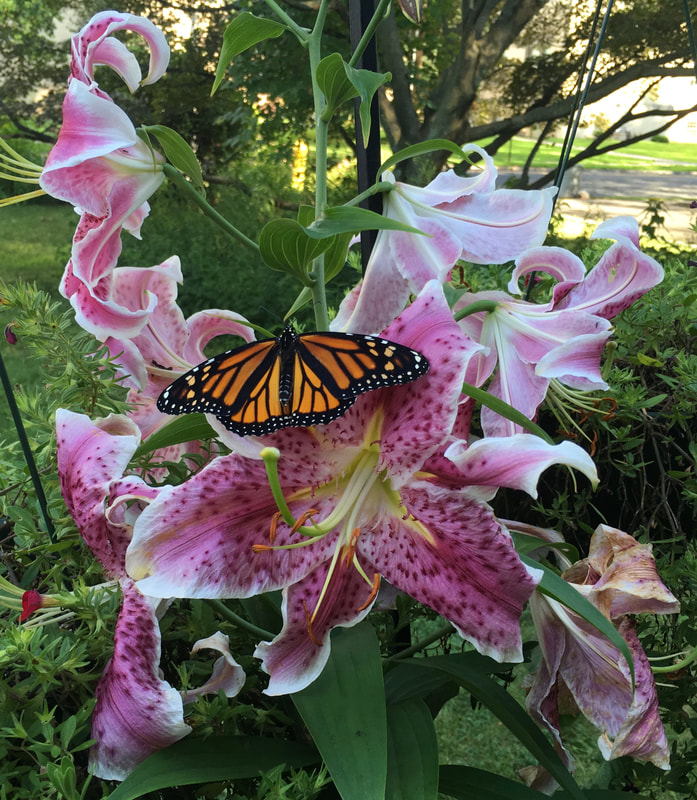And don’t get Judy started about the sunny day flooding, especially pronounced in Miami Beach but apparent in other Florida coastal cities, too.
Such are the sub-tropical indications of the climate crisis.
On the West Coast, where my daughter lives, the indications are much scarier. Wildfires scorched 10 million acres across the West in 2017, almost double the area from the year before, according to the National Interagency Fire Center. And that doesn’t count the horrific two more recent years, which included the destruction of the town of Paradise and the death of 88 residents. Due to the changing climate, the fire season has extended a full month longer than it was 35 years ago, according to NOAA, the National Oceanic and Atmospheric Administration; drought, low humidity and intense winds fan the flames. The power companies are cutting electricity to tens of thousands of homes and businesses to try to reduce the threat, but it doesn’t even seem to help, so it’s sending Californians back to the 19th century for nothing. People are evacuating both north and south of where my daughter lives in Orange County, but so far she and her family have been spared.
A few weeks ago, my friend D’Arcy and I attended part of a week-long series of Extinction Rebellion (XR) events in New York City. These are the folks who brought London to a standstill back in the spring by Super-gluing themselves to buildings, bridges and buses, demanding that the government declare a climate emergency, and the government did. Their demands are that governments tell the truth about the climate crisis by declaring a climate and ecological emergency; act now to halt biodiversity loss and reduce greenhouse gas emissions to net zero by 2025; and create and be led by the decisions of a Citizens’ Assembly. XR has created a bill they hope to get introduced in Parliament to do that. After being criticized, as a mostly white, middle class movement, for being oblivious to some of the concerns of those most affected by the crisis – i.e., those who aren’t white and well off – the American offshoot of XR added a fourth demand: “a just transition that prioritizes the most vulnerable, and indigenous sovereignty and establishes reparations and remediation led by and for black people, indigenous people, people of color and poor communities for years of environmental injustice.”
I like XR’s emphasis on addressing the emotional fall-out from recognizing the crisis we’re in. They held a ritual in which we all offered something we said we’d miss that’s already gone, like an extinct species, or something that’s threatened, like the trees that fall victim to over-wintering insects that used to be killed by the formerly cold winters. Two women with gorgeous voices also led some spirited songs. Later there was a sharing circle for people to express their fears.
At the end of our family visit, my sister-in-law asked me what chance I think we have of avoiding climate melt-down and I immediately replied, “One percent.” I think that’s realistic, and it’s grim, but it doesn’t change my desire to work to increase the odds. (Thanks to Rebecca Solnit for the title of this post.)

 RSS Feed
RSS Feed
